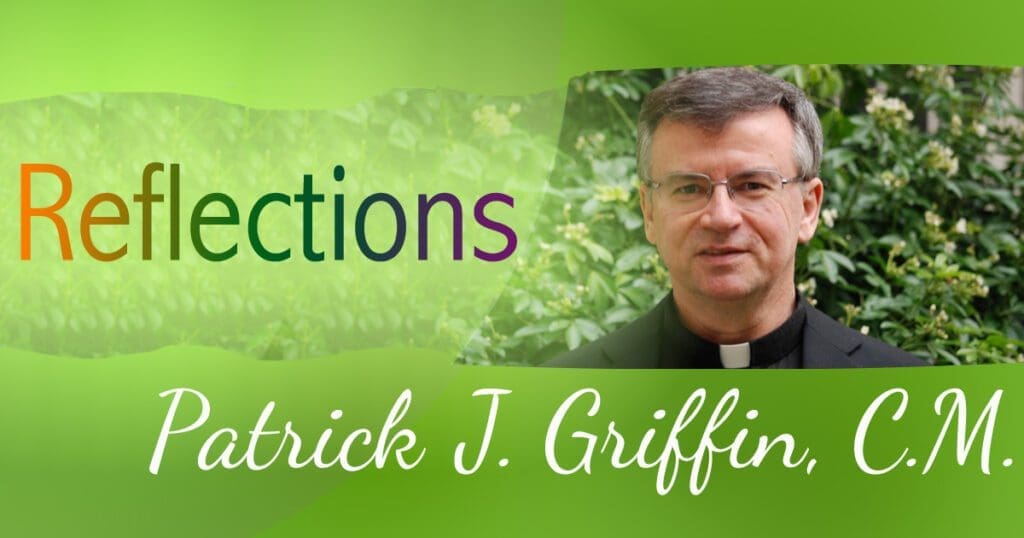Each of the days that introduce the month of November—All Saints’ Day and All Souls’ Day—brings a different word to my mind. When I think of the first, the word “holy” leaps to the fore. When I consider the second, “good” holds pride of place. I know that those words are not mutually exclusive—far from it—but they do carry different weight. They seem to come from different realms.

When I think of the saints, “holy” offers a natural description. These special women and men led lives of extraordinary virtue and service. Some suffered and died for the faith; some performed miracles or had visions; some founded religious communities or led the Church through difficult times. All of these people just seem a cut above their contemporaries and followers. They were, and are, role models that others can hope to follow and imitate. The rest of the members of the Christian community seek their intercession and teaching. We read the stories of their lives and we praise God for the blessings that have been bestowed on us through these individuals. We truly and appropriately refer to them as “holy” and saints.
On the day of the “Commemoration of All the Faithful Departed,” the word that dominates my thinking is “good.” I remember those relatives, friends, and acquaintances who have made their way to the Lord in recent times as good men and women. They were not perfect, but I can easily recall the many ways in which they demonstrated their efforts to act justly and speak honestly. I think of them as “ordinary” in the best sense of the word. Their resolve to live faithfully did not demonstrate a desire to receive special attention or to separate themselves from those who loved them. In the Gospel of this past Sunday, we hear Jesus speak in an unflattering manner about the leaders who “preach but they do not practice,” who “perform their works to be seen,” who “love places of honor and special titles.” Thankfully, the faithful departed whom I have loved and admired are not these kinds of persons. They were good women and men.
I do not mean to suggest that these last folk were not holy or were not saintly, I just find it easier not to use those words to describe them. For many of us, those terms can seem to exaggerate a person’s virtue or actions. They seem to make the person so special that he/she requires a different level with which to be measured. Calling someone “good,” however, uses a vocabulary with which most of us can nod and understand. We can readily compare them to others who also try to live faithful and ordinary lives.
For typical men and women, being good gets expressed in a variety of virtues. I can describe someone as good in the way that he or she shows generosity with their time or resources in the service of those with needs. Good people can demonstrate this strength of character when they grant understanding and forgiveness to others for some fault or error. Telling the truth and standing up for some unpopular value also can point towards a person trying to be good. And, there are as many examples and expressions as there are situations and individuals. There is no shortage of opportunities in everyday life to be a good man or woman.
I could not easily describe myself as holy or as a saint without wincing or blushing. But, I do try to think of myself as a good man, and I try to express the truth of that description in the context that I inhabit. I think of the situation of so many with whom I live in the same manner. We usually try to be good. We think of the example of those who have gone before us and their particular success in that effort. Perhaps, that is the encouragement to turn to the blessed for their modeling and intercession. For the Vincentian Family, the examples held out to us by our saints and role models are many and oftentimes ordinary.







0 Comments